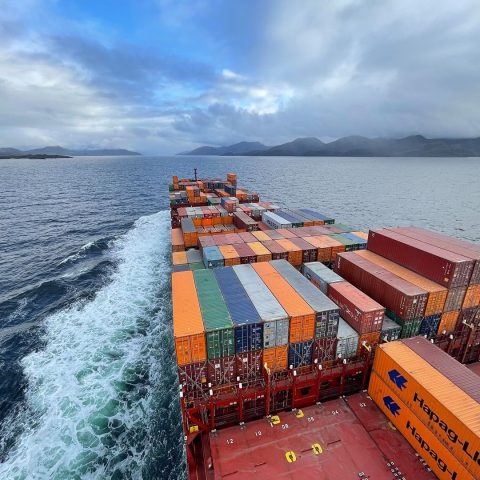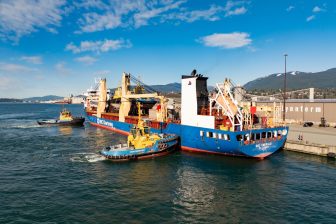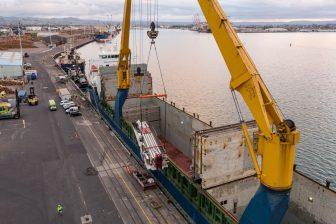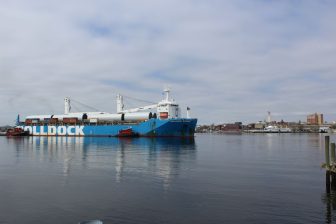
Infrata: Gemini Cooperation is a start of more changes in liner shipping
Based on the announcement about the new alliance between Maersk Line and Hapag-Lloyd, business management consultancy Infrata has reviewed what it means, so far, and what the future implications could be.
“We had been predicting this precise change ever since the 2M alliance announced their split, so the news is not overly surprising. Based purely on the new order books and the supply/demand balance, it was inevitable to us that either Maersk Line or MSC (or maybe both) would need to find another partner in order to fill the ULCSs and thereby continue to get the benefits of the economies of scale,” Infrata analysts said.
The main changes to focus on, initially, are no direct services to Baltic or Nordic countries – unclear how Baltic States and Finland will be served, presumably via 3P feeder, or a double t/s, no direct call at Baltic Hub/DCT Gdansk.
At the other end of the service, there will be no direct services to South Korea or Japan. There will be dedicated “shuttle” connections for Maersk and Hapag-Lloyd exclusively to Gdansk from Wilhelmshaven and Bremerhaven with a shorter transit. There will also be direct connections to the Asia-Europe services and US services providing much-improved transit times, with a promise that Gemini cooperation will be built on 90 per cent schedules on time.
According to Infrata, it has long been considered that the one company regularly mentioned as ripe for an alliance was Hapag-Lloyd and it is therefore no surprise that this was probably the first port of call for Maersk Line. The Hapag-Lloyd DNA is much closer to Maersk Line’s than that of MSC and hence this new desire to run new services based on 90 per cent on-time schedule efficiency by the Gemini partners makes sense.
The question now is what will THE Alliance do to fill the demand and tonnage void and how will this impact the Ocean Alliance, Infrata analysts ask? There will undoubtedly be more changes and very few options for THE Alliance to consider that are not already in the Ocean Alliance.
However, any changes are likely to depend on the MSC assertion that it can operate alone. Like Maersk Line, Infrata thinks that the company really needs additional volumes to help fill the extra tonnage it has been ordering. Given previous discussions with CMA-CGM as part of the aborted P3 Alliance, (with Maersk Line but which was ultimately cancelled due to competition laws), it could be an option to see MSC and CMA-CGM form a similar partnership, although this will then leave the Ocean Alliance short of volume too.
In the opinion of Infrata analysts, THE Alliance’s Hapag-Lloyd volumes are replaced by a combination of volumes from independent operators PIL and Wan Hai, which may help maintain an Asian “feel” about the alliance members.
THE Alliance could also look to Zim Line volumes, but with current geo-political issues surrounding Israel, the timing seems unlikely, so a risky and therefore unlikely option, Infrata said.
If MSC and CMA-CGM decide that a new 2MC alliance might be workable (and this is merely speculation at this juncture), then a combined Ocean Alliance (COSCO and Evergreen) and THE Alliance (ONE, YML and HMM) structure could seem reasonable, if local Asian rivalries can be put aside for the greater good.
COSCO would be the other line big enough to attract MSC’s attention, but cooperation seems unlikely given their respective locations, cultures and strategies, according to Infrata. No doubt there will be further discussions before the start of 2025 and we will continue to follow them and provide insight into what the developments mean.
According to the consultancy, one thing does look certain, though, this is likely to be just the start of more changes for the liner shipping industry and the knock-on effects of amendments to port calls/voyage rotations will continue to be felt as ocean carrier alliance decisions are made, especially given the new environment of lines losing money and the various geopolitical tensions across the globe adding to the complexities of any decisions made.
You just read one of our premium articles free of charge
Register now to keep reading premium articles.




